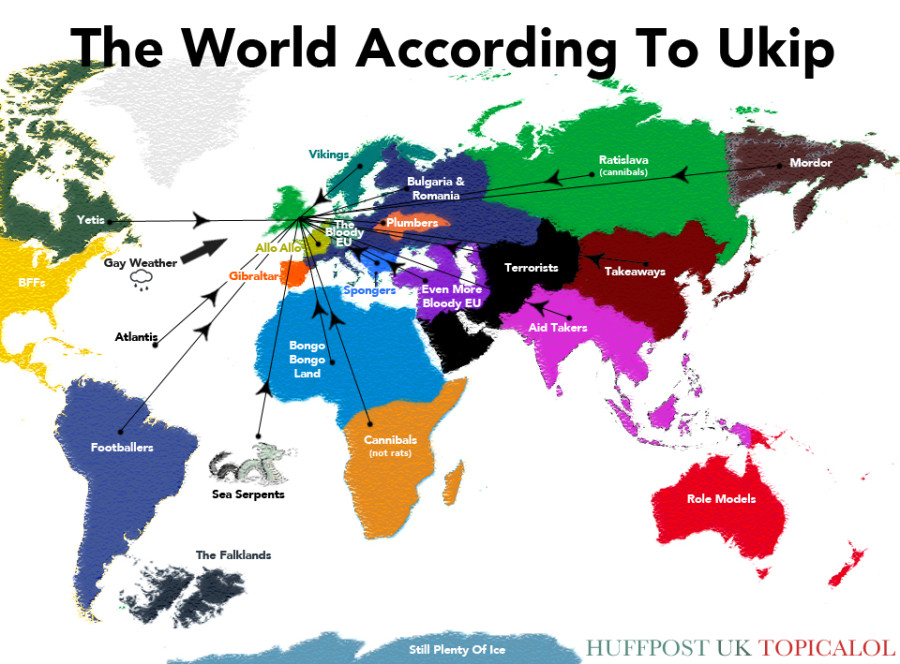Several forces have joined the Give Domestic Abuse
the Red Card campaign after research found domestic violence increased
when England both lost and won matches during previous tournaments.
Analysis by Lancaster University found during the last World
Cup in 2014 incidents of domestic abuse in Lancashire rose by 38% when
England lost.
When they won or drew abuse increased by 26% compared to days when there was no England match.
Come On England
I'll put out a St George's flag
next week, when England play.
Cos if they lose he'll make sure
I'm the one who'll pay.
Evening games'll be the worst
when he's watched it with his mates
If they've lost it will be me
and not Belgium that he hates.
He comes in drunk at half past twelve;
I'm up for work at six
I can pretend to be asleep -
that sometimes does the trick.
But if I'm awake when he gets back
I can't do anything right
Whatever he or I might say
he's spoiling for a fight.
If I was the England manager
he might just have a case
but I'm not so I have to use
extra makeup on my face.
Why does it really matter
if eleven millionaires
lose a game? I once said that
and he pushed me down the stairs.
So come on England, please don't lose
although I know you will -
probably on penalties
or perhaps something to nil.
Even if they win he's pissed
and might still beat me up,
so cheers to the England football team
until the next World Cup.
Tim Fellows 2018






